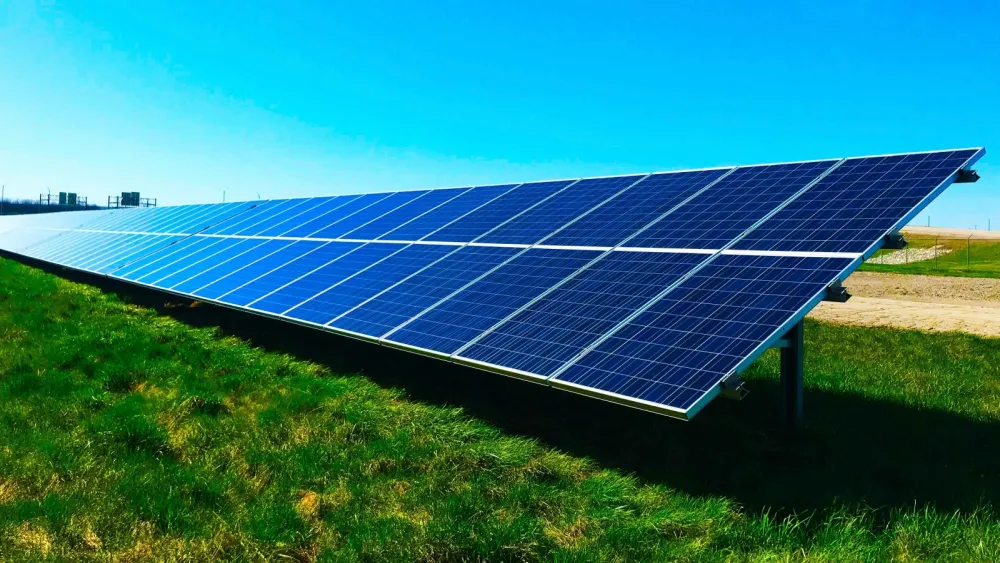Energy security concerns sustain Asia’s coal dependence
Fossil fuel reliance and infrastructure gaps slow Asia’s renewable transition.
Asia’s energy sector faces significant challenges due to its persistent reliance on fossil fuels, particularly coal, according to Poh Seng Lee, Executive Director of the Energy Studies Institute at NUS. He cited the role of coal as a stable and affordable resource that many countries view as essential for meeting energy demands.
Lee highlighted that Asia’s renewable energy transition is complex, as countries vary widely in development stages and infrastructure readiness. “The complexity of transitioning to renewable energy…is heightened by the diverse development stages of different countries in the region,” he said.
Advanced economies like Japan and South Korea are advancing towards decarbonization, while other countries face barriers in grid infrastructure and energy storage.
The shift towards renewable energy will require substantial investment in energy storage systems, enhanced regional cooperation, and aligned policies across the region. Lee emphasised that these steps are critical for Asia to achieve a balanced energy transition that addresses both affordability and sustainability, paving the way for long-term resilience in the sector.



















 Advertise
Advertise







Commentary
What a $635b investment push could mean for India’s refineries and thermal power plants